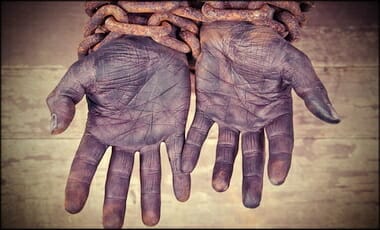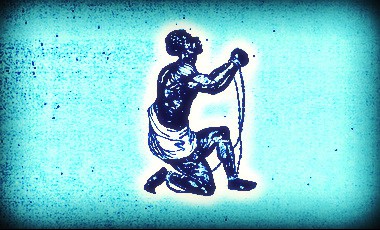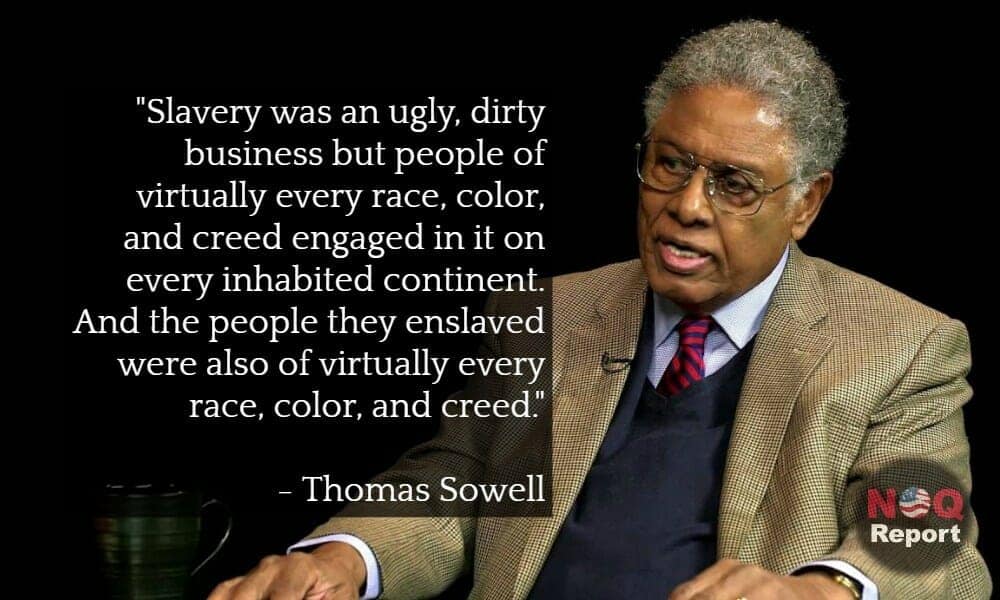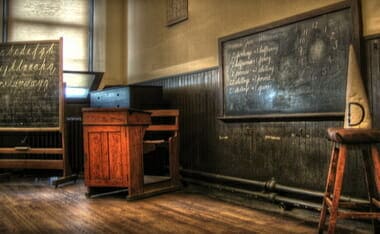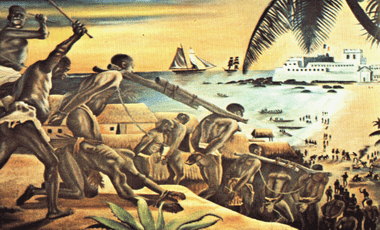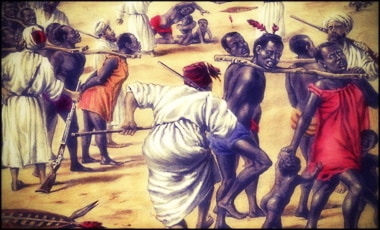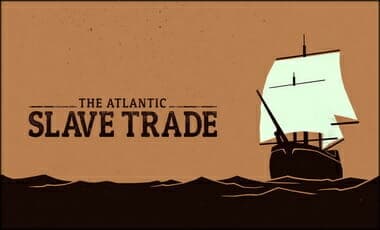The Reparations Movement — a government payout to descendants of slaves — is making a comeback. Super Bowl star Burgess Owens, who happens to be black and whose great grandfather was a slave, finds this movement both condescending and counterproductive. He wants no part of it. In this video, he explains why.
(Originally posted in 2019 – some updated links and media)
Mark Levin starts his show by reading from a 2004 article written by the Rev. Wayne Perryman entitled, “The Racist History of the Democratic Party.” It is also summed up in these three links, one to my VIMEO, and the others to my site (w/lots of media):
- The Rev. Wayne Perryman On Democratic Racism (RUMBLE);
- Did The Party’s Switch? (RPT);
- Slavery Made the South Poor, Not Rich (RPT).
IF the narrative is pushed that reparations are to be given, it should be emphasized that one Party should repay them.
Here is a partial excerpt of the Wayne Perryman article Mark Levin was reading from
The Racist History of the Democratic Party
Most people are either a Democrat by design, or a Democrat by deception. That is either they were well aware the racist history of the Democrat Party and still chose to be Democrat, or they were deceived into thinking that the Democratic Party is a party that sincerely cared about Black people.
History reveals that every piece of racist legislation that was ever passed and every racist terrorist attack that was ever inflicted on African Americans, was initiated by the members of the Democratic Party. From the formation of the Democratic Party in 1792 to the Civil Rights movement of 1960’s, Congressional records show the Democrat Party passed no specific laws to help Blacks, every law that they introduced into Congress was designed to hurt blacks in 1894 Repeal Act. The chronicles of history shows that during the past 160 years the Democratic Party legislated Jim Crows laws, Black Codes and a multitude of other laws at the state and federal level to deny African Americans their rights as citizens.
History reveals that the Republican Party was formed in 1854 to abolish slavery and challenge other racist legislative acts initiated by the Democratic Party.
Some called it the Civil War, others called it the War Between the States, but to the African Americans at that time, it was the War Between the Democrats and the Republicans over slavery. The Democrats gave their lives to expand it, Republican gave their lives to ban it.
During the Senate debates on the Ku Klux Klan Act of 1871, it was revealed that members of the Democratic Party formed many terrorist organizations like the Ku Klux Klan to murder and intimidate African Americans voters. The Ku Klux Klan Act was a bill introduced by a Republican Congress to stop Klan Activities. Senate debates revealed that the Klan was the terrorist arm of the Democratic Party.
History reveals that Democrats lynched, burned, mutilated and murdered thousands of blacks and completely destroyed entire towns and communities occupied by middle class Blacks, including Rosewood, Florida, the Greenwood District in Tulsa Oklahoma, and Wilmington, North Carolina to name a few.
After the Civil War, Democrats murdered several hundred black elected officials (in the South) to regain control of the southern government. All of the elected officials up to 1935 were Republicans. As of 2004, the Democrat Party (the oldest political party in America) has never elected a black man to the United States Senate, the Republicans have elected three.
History reveals that it was Thaddeus Stevens, a Radical Republican that introduced legislation to give African Americans the so-called 40 acres and a mule and Democrats overwhelmingly voted against the bill. Today many white Democrats are opposed to paying African Americans trillions of dollars in Reparation Pay, money that should be paid by the Democratic Party.
History reveals that it was Abolitionists and Radical Republicans such as Henry L. Morehouse and General Oliver Howard that started many of the traditional Black colleges, while Democrats fought to keep them closed. Many of our traditional Black colleges are named after white Republicans.
Congressional records show it was Democrats that strongly opposed the passage of the 13th, 14th and 15th Amendments. These three Amendments were introduced by Republicans to abolish slavery, give citizenship to all African Americans born in the United States and, give Blacks the right to vote.
Congressional records show that Democrats were opposed to passing the following laws that were introduced by Republicans to achieve civil rights for African Americans:
- Civil Rights Act 1866
- Reconstruction Act of 1867
- Freedman Bureau Extension Act of 1866
- Enforcement Act of 1870
- Force Act of 1871
- Ku Klux Klan Act of 1871
- Civil Rights Act of 1875
- Civil Rights Act of 1957
- Civil Rights Act of 1960
And during the 60’s many Democrats fought hard to defeat the
- 1964 Civil Rights Act
- 1965 Voting Rights Acts
- 1972 Equal Employment Opportunity Act
Court records shows that it was the Democrats that supported the Dred Scott Decision. The decision classified Blacks and property rather than people. It was also the racist Jim Crow practices initiated by Democrats that brought about the two landmark cases of Plessy v Ferguson and Brown v. The Board of Education….
WAYNE PERRYMAN!

